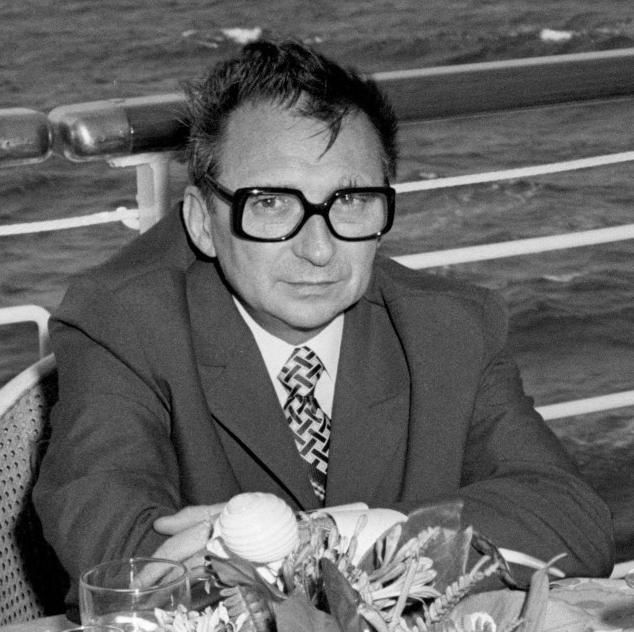Commentary
A man walked into the American Embassy in West Germany in late July, 1978. He said he was a senior officer in an Eastern European Intelligence Service and wanted to defect to the United States. Would he be accepted?

A man walked into the American Embassy in West Germany in late July, 1978. He said he was a senior officer in an Eastern European Intelligence Service and wanted to defect to the United States. Would he be accepted?